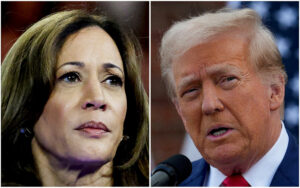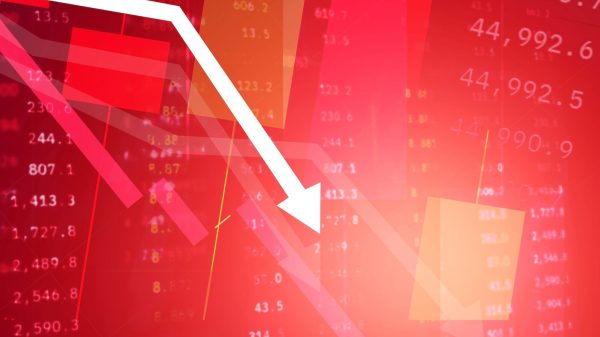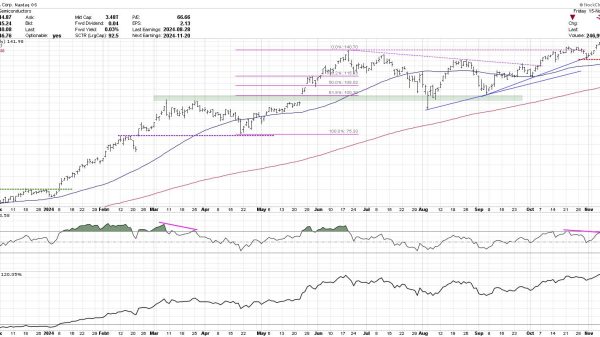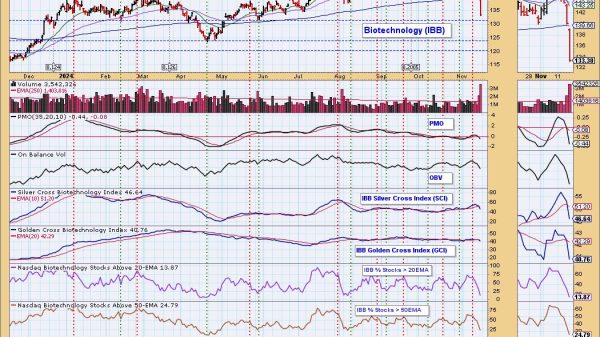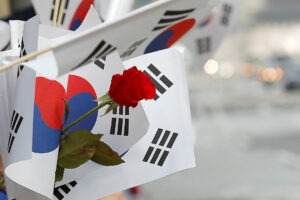SEOUL – South Korea‘s troops kicked off their annual Hoguk defense drills on Monday, designed to boost their ability to respond to North Korea‘s nuclear and missile threats amid simmering tension over both sides’ military activities.
The drills, due to end on Saturday, are the latest in a series of military exercises by South Korea in recent weeks, including joint activities with the United States and Japan.
The latest field training came as North Korea has been carrying out weapons tests at an unprecedented pace this year, firing a short-range ballistic missile and hundreds of artillery rounds near the heavily armed inter-Korean border on Friday.
Pyongyang has angrily reacted to the South Korean and joint military activities, calling them provocations and threatening countermeasures. Seoul says its exercises are regular and defense-oriented.
Joined by some U.S. forces, the South Korean troops will focus on maintaining readiness and improving the troops’ ability to execute joint operations during the Hoguk drills, the South‘s Joint Chiefs of Staff said.
“The forces will conduct real-world day and night maneuvers simulated to counter North Korea‘s nuclear, missile and other various threats, so that they can master wartime and peacetime mission performance capabilities and enhance interoperability with some U.S. forces,” it said in a statement.
Last week, tensions flared after the North fired a missile, shot more than 500 artillery shells and flew a multitude of warplanes near the skirmish-prone sea border.
Seoul condemned Pyongyang and imposed its first unilateral sanctions in nearly five years, describing the moves as a violation of a 2018 bilateral military pact banning “hostile acts” in the border area.
But the North accused the South‘s military of escalating tension with its own artillery firing.
South Korean lawmakers have said the North has completed preparations for what would be its first nuclear test since 2017, and might conduct it between China’s key ruling Communist Party congress, which began on Sunday, and the Nov. 7 U.S. midterm elections. But some analysts do not expect any tests before the Chinese congress ends. – Reuters









